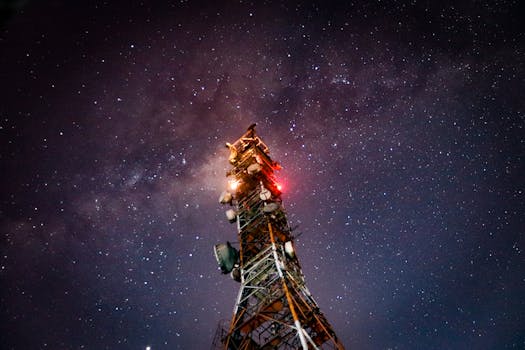
The Future of Satellites: Revolutionizing Global Connectivity
The future of satellites is expected to revolutionize global connectivity, with advancements in space technology and satellite constellations. The use of satellites has become increasingly important in recent years, with the demand for global connectivity and data transfer on the rise. As technology continues to advance, we can expect to see significant improvements in satellite capabilities, enabling faster and more reliable communication networks.
Advancements in Space Technology
One of the key drivers of the future of satellites is the advancement of space technology. With private companies such as SpaceX and Blue Origin leading the charge, we are seeing significant investments in the development of new satellite technologies. These advancements include the use of reusable rockets, which are reducing the cost of launching satellites into space, and the development of more efficient propulsion systems, which are enabling satellites to stay in orbit for longer periods of time.
Satellite Constellations
Satellite constellations are another key area of development in the future of satellites. These constellations involve the launch of multiple satellites into orbit, which work together to provide global coverage and connectivity. Companies such as OneWeb and Amazon’s Kuiper Systems are leading the charge in this area, with plans to launch thousands of satellites into orbit in the coming years. These constellations will enable faster and more reliable communication networks, and will have a significant impact on the way we communicate and access data.
Applications of Satellite Technology
The applications of satellite technology are vast and varied, and will continue to grow in the future. Some of the key areas where satellite technology will have an impact include navigation, where satellites are used to provide location information and navigation data, weather forecasting, where satellites are used to monitor weather patterns and provide early warnings of severe weather events, and earth observation, where satellites are used to monitor the health of the planet and track changes in the environment.
Challenges and Limitations
While the future of satellites is exciting and full of promise, there are also challenges and limitations that must be addressed. One of the key challenges is the issue of space debris, which is becoming an increasingly significant problem as more satellites are launched into orbit. Another challenge is the issue of regulatory frameworks, which are still evolving and must be developed to ensure that the use of satellites is safe and responsible.




